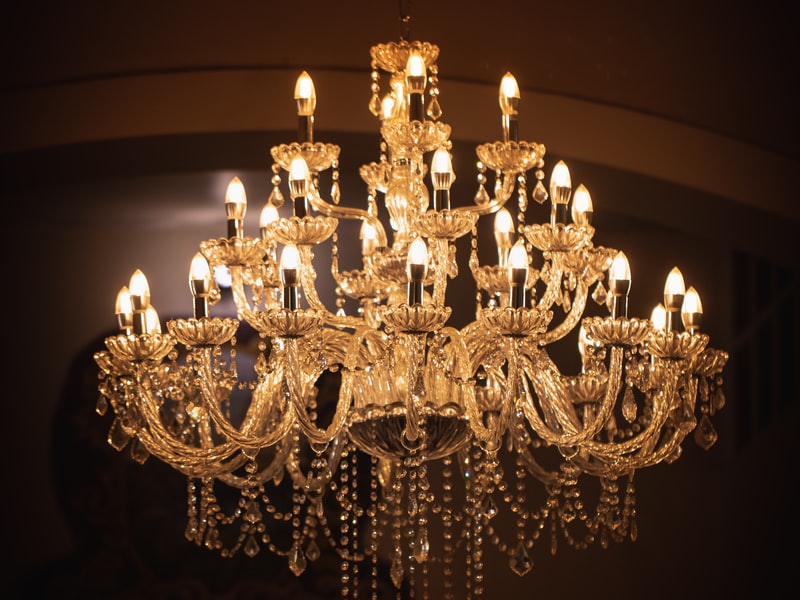The time when most buyers and sellers are angriest with each other is actually AFTER a real estate deal is completed. Why? Because that’s when the new owners move into their house to find some of the things they thought were staying are actually gone! Realtors are then back on the phone to one another trying to get answers on why the curtain rods are gone or why the super old washer and dryer are still there.
So whether you’re moving into a new home or moving out of your old one, you might be wondering which items stay with the home and which ones can go with the previous owner to their new home.
It’s all how items are defined. They can be real estate fixtures or personal property.
When you are working with a Realtor, it is important that you make sure you let us know what you would like to keep as a Seller. Or, if you are buying the property, include what you do NOT want. Typically, the purchase agreement will list which fixtures are included. Any personal property that is not mentioned in the contract is supposed to be taken.
But there can still be problems. In real estate school, they use the example of late Grandma’s antique chandelier. The Buyer LOVED that thing. It was one of the reasons they bought the house. But the Seller was never going to give a family heirloom to a stranger! Unfortunately for the Seller, if they didn’t stipulate it was going with them, they are supposed to leave it.
To avoid these issues, it is important that buyers and sellers understand the concept of real estate fixtures.
What Is A Real Estate Fixture?
Determining whether something is a fixture or personal property isn’t always obvious. But, there are a few common guidelines.
The main guideline is a real estate fixture is physically and permanently attached or fastened to the property. When items are bolted, screwed, nailed, glued or cemented onto the walls, floors, ceilings or any other part of the home, it’s a fixture.
Earlier, I mentioned the curtain rods. That’s just one part of a window treatment. Things like blinds and shades are considered fixtures because they’re physically fastened to the window frame. However, drapes and curtains that hang on a rod are usually classified as personal property. If you really love your curtains, I would still recommend playing it safe and include that you are taking them in your sales contract. Or you may want to consider replacing those items before you put your home on the market.
What Is Chattel Property Or Real Property?
“Chattel” is another word for personal property, or a movable piece of property, like furniture, certain machinery or something as big as a trailer. Chattels are not real estate fixtures. Not to be confused with chattel mortgages.
Real property is the term often used for anything affixed to the property and the surrounding land. This can include the house itself, sheds, pools, ponds, and basketball or tennis courts. Basically anything that couldn’t be easily removed from the property.
Examples Of A Real Estate Fixture
These items are commonly left in the home after it’s sold:
- Ceiling fans
- Chandeliers
- Curtain rods
- Towel racks
- Blinds and window coverings
- Built-in shelving and cabinets
- Smoke and carbon monoxide detectors
- Landscaping (anything planted in the ground)
These typically go with their owners to their new home:
- Furniture
- Rugs
- Detached bookshelves
- Curtains and drapes
- Yard decorations
How To Avoid Issues
Honesty is the best policy. Sellers that want to take something that’s a fixture need to include it in the sales contract. If that item means so much, then be prepared for the Buyer to walk away from the deal. Buyers looking for the washer and dryer to be included (even though they are personal property), let the Seller know you expect that to be included in the deal.
But let’s assume you’re way past that. The closing date is in a matter of days. Put your expectations in writing and share it with the other party. When you do your final walkthrough (usually the day before closing), make sure everything that is supposed to be there IS there. It might seem like a hassle, but not nearly the hassle of suing each other after the deal closes!
